Back to Courses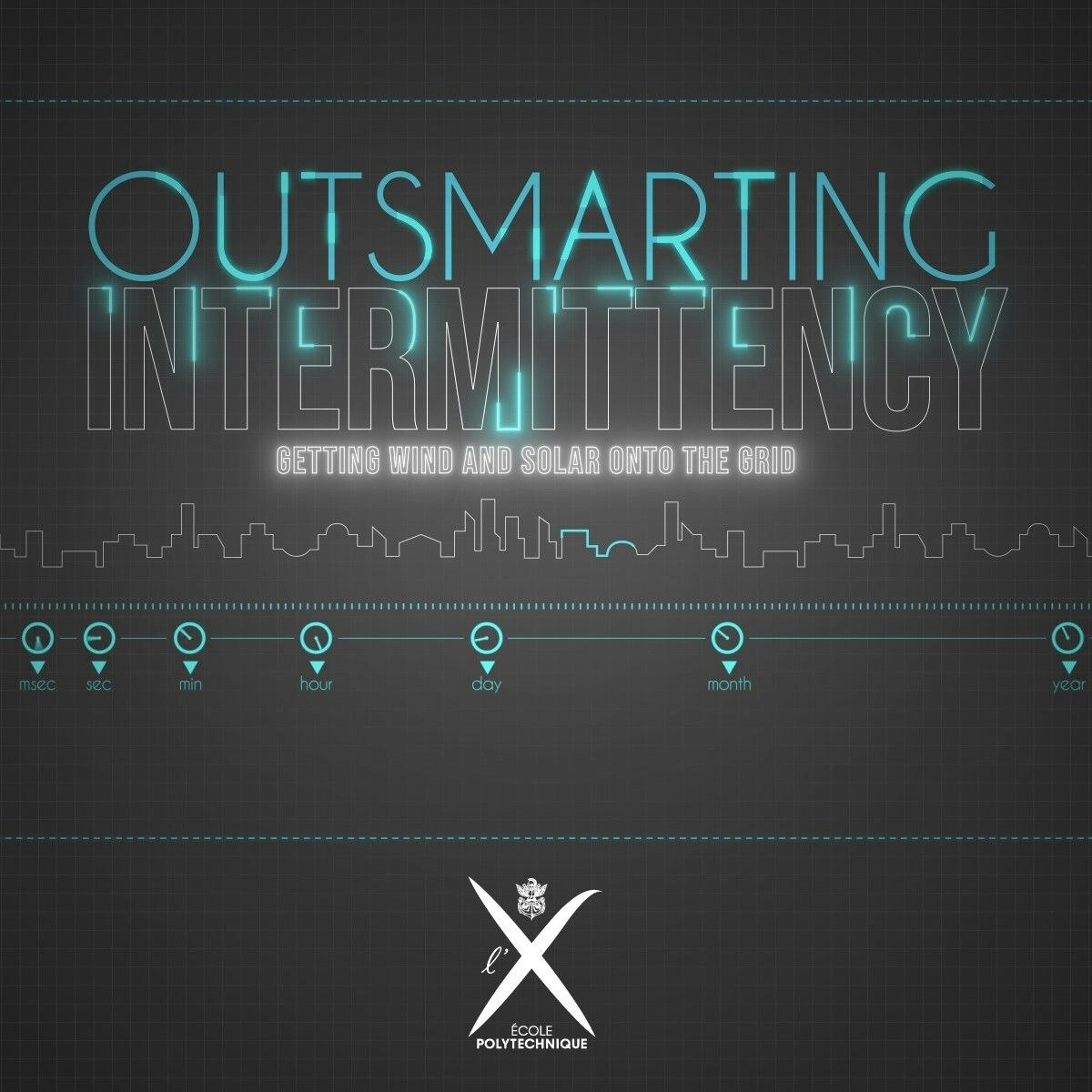
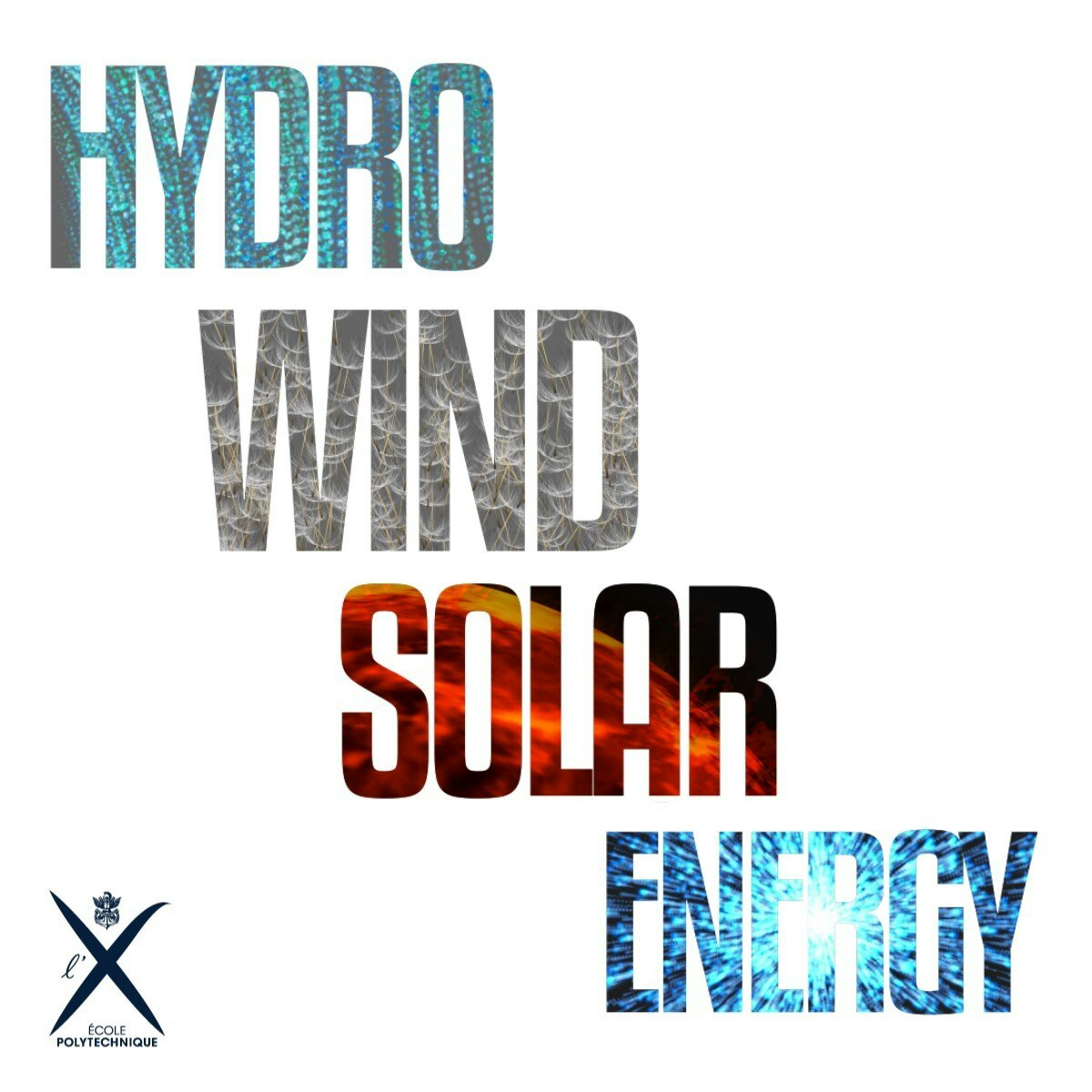
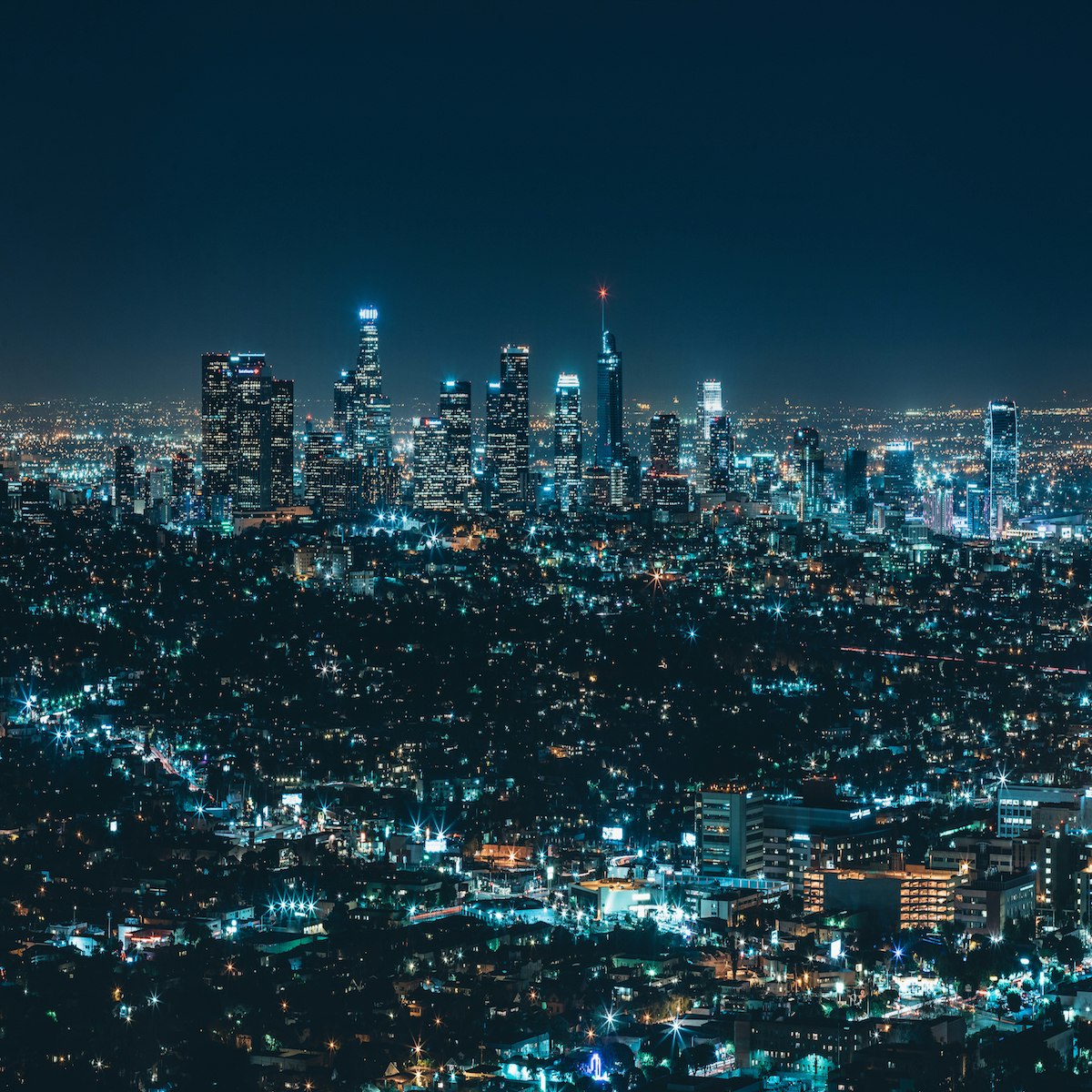


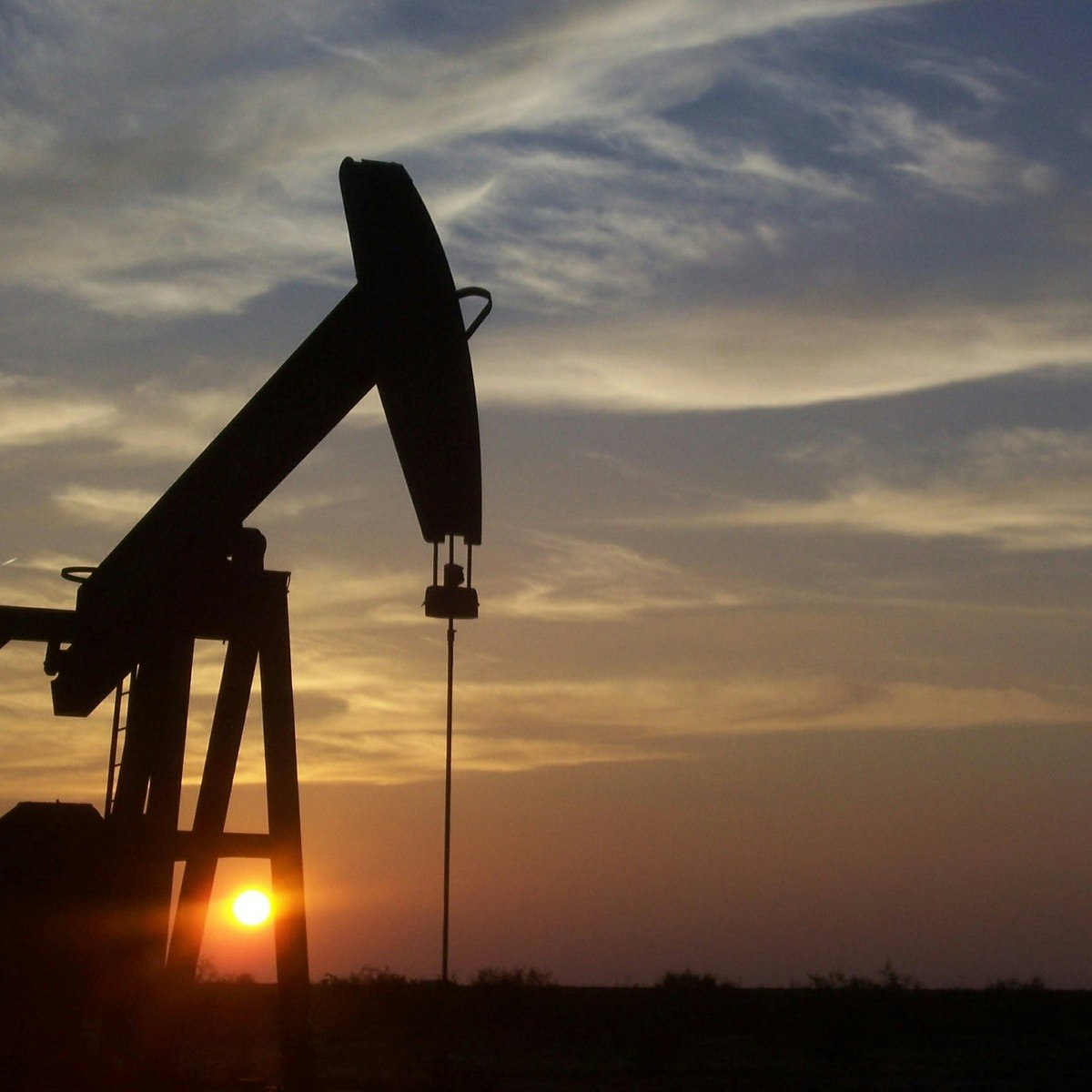

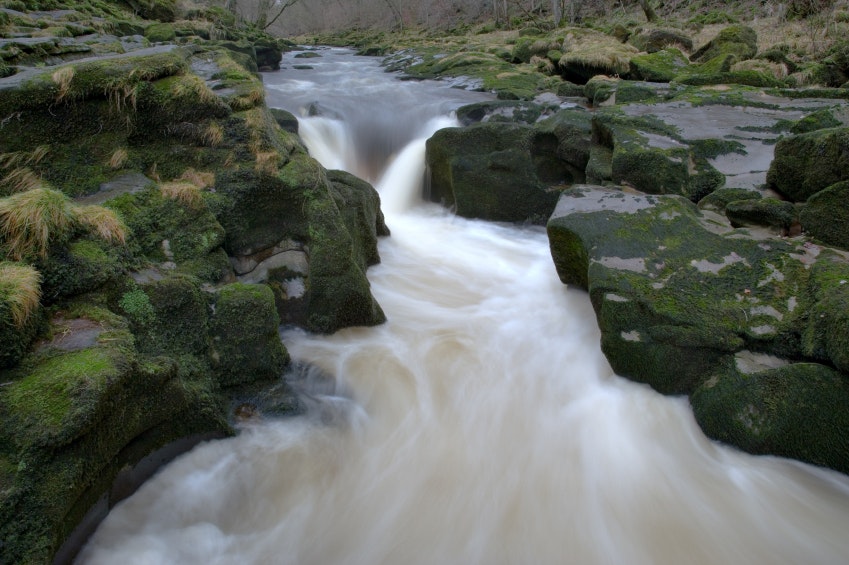

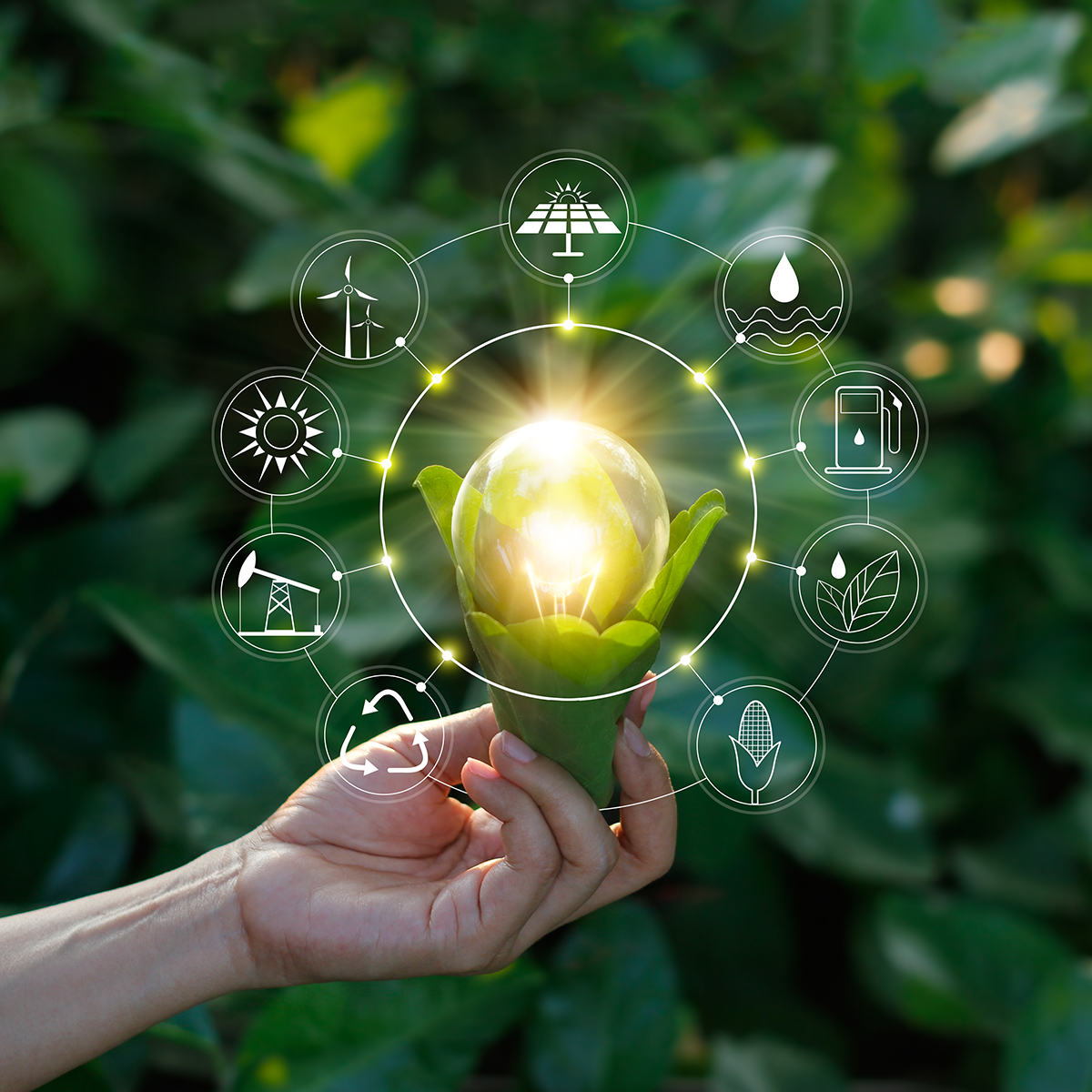
Environmental Science And Sustainability Courses - Page 9
Showing results 81-90 of 151

Outsmarting intermittency
Solar and wind offer clean and renewable ways to produce large amounts of electricity. They have boomed over the last few years, evolving from an eco-daydream to a major market and showing unprecedented growth rates. Yet, installing solar panels and wind turbines is by no means the end of the story. The electrical grid, which connects production means to the end-users’ sockets, is not a simple electron pipe. It is the beating heart of our electricity system and ensures its stability. Solar and wind raise specific challenges for the grid, and these challenges will have to be tackled if we want to deploy larger amounts of renewable sources.
The aim of this lecture is to introduce these challenges and some approaches considered to overcome them. We are convinced that everyone involved in this journey, from investors, to entrepreneur, policy makers or simple customer should be aware of these issues if we want to make sure they don’t become a bottleneck limiting further development of renewable sources.

Hydro, Wind & Solar power: Resources, Variability & Forecast
The development of hydro, wind and solar power is growing strongly with as one objective to limit and reduce greenhouse gas emissions. All these renewable energies are intermittent with more or less strong variability. This course provides the basis for estimating the resource of these different modes of production and understanding the physical causes of intermittency and seasonal variability. The different modes of electricity production are detailed as well as the sensitivity induced by meteorological variations. Short and medium term forecast becomes a fundamental issue in the development of these renewable energies and in their integration to the electricity network. We therefore present the methods and tools used for a reliable forecast of the electricity production of hydro, wind and solar power plants.
This MOOC has been supported by Ecole Polytechnique and was developed in the frame of the Energy4Climate Interdisciplinary Center of Institut Polytechnique de Paris in collaboration with Ecole des Ponts

Electric Industry Operations and Markets
This is a two week course. In the first week you will learn about the core activities that the Industry executes to bring electricity to customers. We will review what electricity is, how it is generated, how it is transmitted, how it comes into buildings, and how consumption of electricity instantly feeds back on the transmission and generation of electricity. You will learn to:
Define what electricity is;
Describe how electricity is generated, transmitted and distributed;
Describe how electricity is generated, transmitted and distributed; and
Summarize how the consumption of electric energy instantly feeds back on the transmission and generation of electricity.
In the second week, the course shifts to the markets that drive Electric Industry operations. You will learn about the various costs of the electric industry’s core activities, how electricity is priced, the various ways that electric markets are structured, how these market structures determine which power plants are dispatched to produce electricity when, and how recent changes in generator fuel prices, generation technology, market regulations, and environmental regulations are transforming both Electric Industry Markets and Operations. You will learn to:
Describe the main cost components to the electric system;
Compare the costs of different types of power plants;
Interpret the retail pricing of electricity;
Explain the different types of electric markets and understand how they operate to dispatch electric supply to meet demand in real time; and
Explain why and how the electric industry is regulated.

The Worldview of Thomas Berry: The Flourishing of the Earth Community
Thomas Berry (1914-2009) was a historian of world religions and an early voice awakening moral sensibilities to the environmental crisis. He is known for articulating a “new story” of the universe that explores the implications of the evolutionary sciences and cultural traditions for creating a flourishing future.
This course investigates Berry’s life and thought in relation to the Journey of the Universe project. It draws on his books, articles, and recorded lectures to examine such ideas as: the New Story, the Great Work, and the emerging Ecozoic era. The course explores Berry’s insights into cosmology as a context for locating the human in a dynamic unfolding universe and thus participating in the creative work of our times. In particular, we will examine Berry’s reflections on renewal and reform in the areas of ecology, economics, education, spirituality, and the arts.
Course Rationale:
Thomas Berry was an original, creative, and comprehensive thinker, especially regarding the critical nature of our global environmental crisis. His intellectual importance resides in his response to the ecological crisis by bringing together the humanities and science in an evolutionary narrative. In addition, he articulated the need for the moral participation of the world religions in addressing environmental issues. He came to this realization largely through his study of cosmologies embedded within religious traditions. Sensing the significance of these stories as “functional cosmologies” he explored the widespread influence that these stories transmitted through a tradition, for example, in rituals, ethics, and subsistence practices.

Urban Nature: Connecting Cities, Sustainability and Innovation
How can we work with nature to design and build our cities?
This course explores urban nature and nature-based solutions in cities in Europe and around the world. We connect together the key themes of cities, nature, sustainability and innovation. We discuss how to assess what nature-based solutions can achieve in cities. We examine how innovation is taking place in cities in relation to nature. And we analyse the potential of nature-based solutions to help respond to climate change and sustainability challenges.
This course was launched in January 2020, and it was updated in September 2021 with new podcasts, films and publications. The course is produced by Lund University in cooperation with partners from Naturvation – a collaborative project on finding synergies between cities, nature, sustainability and innovation. The course features researchers, practitioners and entrepreneurs from a range organisations.

Oil & Gas Industry Operations and Markets
The oil and gas industry has an enormous impact on all aspects of daily life. Individuals, corporations, and national governments make financial and policy decisions based on the cost, use, and availability of these two natural resources. This two-week course looks at the two most fundamental aspects of the oil and gas industry, its operations and markets, each of which is addressed as a separate module in the course. In the operations module, the course provides an overview of the production of oil and gas, from initial exploration to final transport. The second module focuses on the forces that drive the industry's operations, the oil and gas markets, including the cost of wells, seasonal impacts on prices, and the role of oil reserves. After every lesson, learners will take short quizzes to test their newly acquired knowledge, participant in crowd-sourced discussions about global markets, and complete a final project.

English for Science, Technology, Engineering, and Mathematics
Welcome to English for Science, Technology, Engineering, and Mathematics, a course created by the University of Pennsylvania, and funded by the U.S. Department of State Bureau of Educational and Cultural Affairs, Office of English Language Programs.
To enroll in this course for free, click on “Enroll now” and then select "Full Course. No certificate." If you want to get a Coursera Verified Certificate for free, please fill out the Financial Aid form.
This course is designed for non-native English speakers who are interested in improving their English skills in the sciences. In this course, you will explore some of the most innovative areas of scientific study, while expanding your vocabulary and the language skills needed to share scientific information within your community. In unit 1, you will learn how to preview texts and practice some of the language used to make comparisons when talking about global warming and climate change. In unit 2, you will examine the chemistry of climate change and the language of cause and effect. In Unit 3, you will learn about some of the impacts of Climate Change and the language used to describe these effects. In Unit 4, you will learn reading strategies that can help you explore the science behind some new energy systems. In the final unit, you will investigate practical advances in Nanotechnology that help slow down climate change, while developing your own research skills in English.
Unless otherwise noted, all course materials are available for re-use, repurposing and free distribution under a Creative Commons 4.0 Attribution license.
Supplemental reading materials were provided by Newsela, which publishes daily news articles at a level that's just right for each English language learner.
Introduction to Environmental Law and Policy
Environmental law may be the one institution standing between us and planetary exhaustion. It is also an institution that needs to be reconciled with human liberty and economic aspirations. This course considers these issues and provides a tour though existing legal regimes governing pollution, water law, endangered species, toxic substances, environmental impact analyses, and environmental risk.
Note: The Environmental Law & Policy Course will close for new learner enrollment on February 22, 2019. Learners who have already enrolled will continue to see it on their Coursera Dashboard as long as they remain enrolled in the course. If you are currently enrolled in this course, please see the announcement sent on February 19, 2019, for additional details.

Energy, Environment, and Everyday Life
For a sample of what this course will include, see the video "Energy, Environment, and Everyday Life MOOC with University of Illinois Professor David Ruzic" - http://go.citl.illinois.edu/Energy-MOOC
This course teaches you everything you need to know about energy, the environment, and at least a number of things in everyday life. It starts by talking about energy itself and where it comes from. This includes how much we have, who has it, who uses it, and what that all means. The video clips are produced in a fast-paced multimedia format during which Professor Ruzic throws in fun and demonstrations. There are multiple-choice questions to check your understanding and some more in-depth exercises to guide you deeper into the subject.
After explaining the main things we use energy for – our cars and electronics! – fossil fuels are examined in detail. Want to really learn about fracking or pipelines? Watch these segments. The environmental effects of fossil fuels are taught as well. Global warming, acid rain, and geoengineering all are in this part of the course. Part of their solution is too. Renewables follow, with clips on solar, wind, hydro, geothermal, biofuels, etc. You’ll even see Professor Ruzic in a corn field and in the middle of a stream showing how you could dam it up.
Finally, nuclear power is taught in detail – how it really works and what happens when it doesn’t work, as in Three Mile Island, Chernobyl, and Fukushima, as well as how we are making it today, which is shown here without political preconceptions. In this course, economics takes center stage. People will ultimately do whatever costs the least, so energy policy is most effective when it is targeted at the user’s wallet.
Throughout the course there are 24 segments on “How Things Work." These guides to everyday life are tremendously varied, covering everything from fireworks to making beer to what happens backstage at a theater. The course is designed to be enjoyable as well as informative. We hope you will take a look!

Climate Change, Sustainability, and Global Public Health
The third course of the Impacts of the Environment on Global Public Health specialization will introduce you to two major environmental health challenges facing the world today. The first is climate change –the preeminent threat to public health today, and a threat that will impact every human and ecosystem on the planet. We will evaluate the causes and impacts of climate change, as well as policies and approaches that can be used to reduce the impacts of climate change on human health. The second is sustainability, a concept that can be applied to reduce the impacts of human activities on the environment as well as human health. We will explore different sustainability frameworks, as well as the effects of different energy generation sources on the environment and public health.
Popular Internships and Jobs by Categories
Browse
© 2024 BoostGrad | All rights reserved


